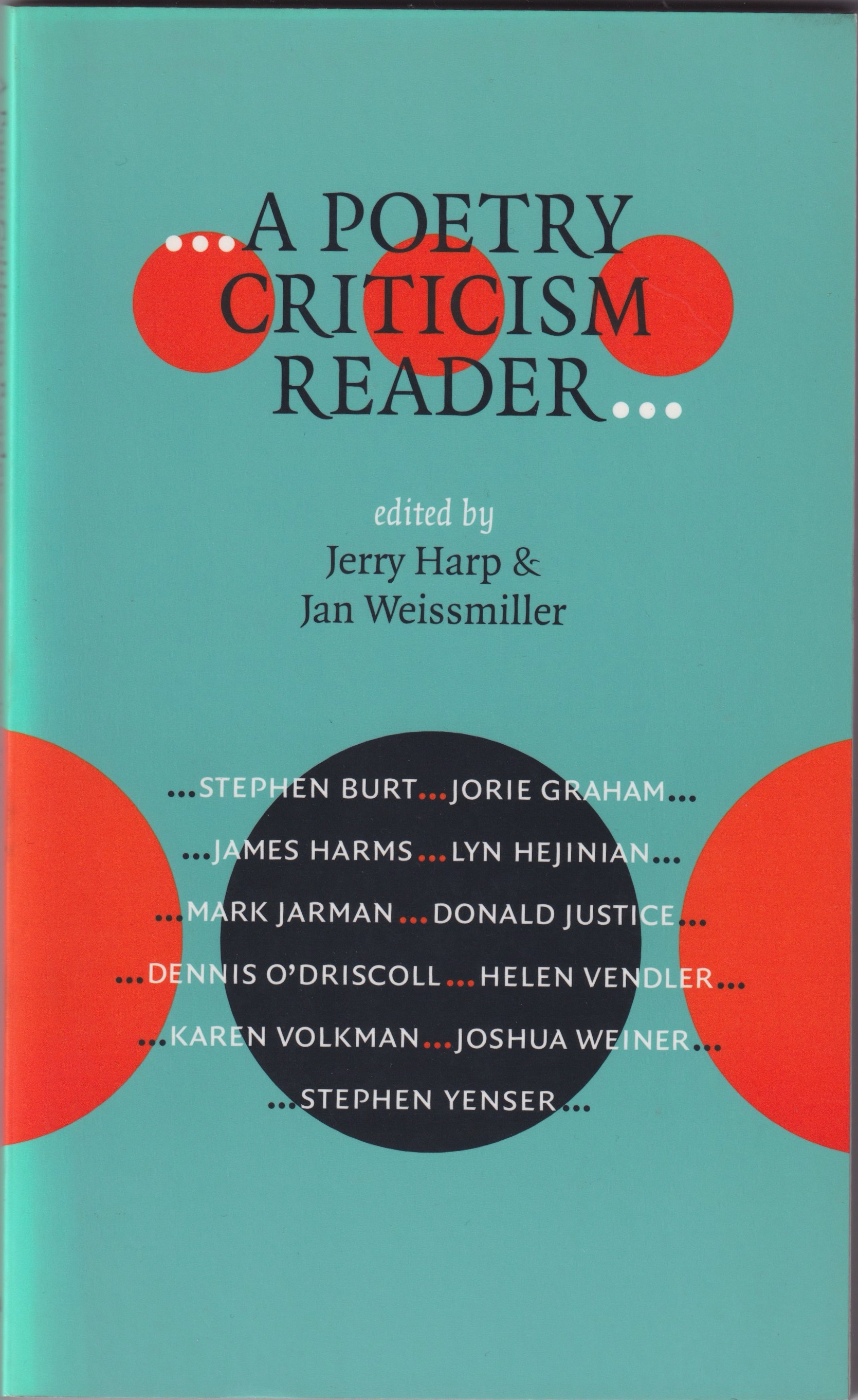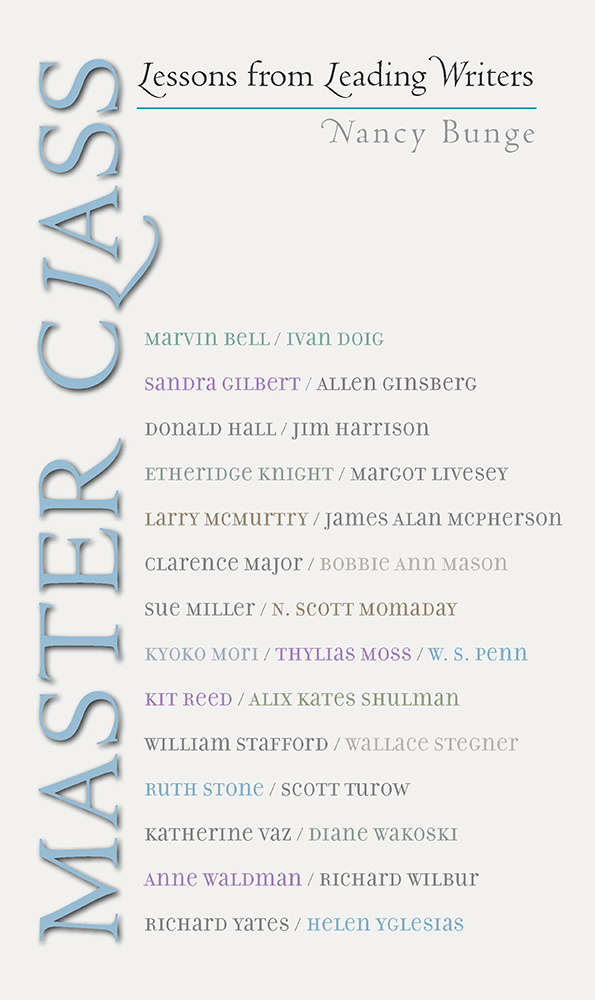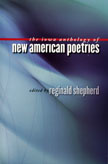A timely and informative collection, A Poetry Criticism Reader brings together eleven essays and reviews that constitute some of the best and most illuminating poetry criticism from the past decade.
In his introduction to the book, editor-poet Jerry Harp gives an overview of poetry criticism and its pluralistic traditions after the high modernist years of T. S. Eliot. In the essays that follow, esteemed critics and poets explore varied aspects of poetics, make aesthetic statements, relate to postmodernism with its array of meanings, and examine particular poets and poems. Works by Donald Justice, James Tate, Paul Muldoon, Jorie Graham, Seamus Heaney, and Czeslaw Milosz are among those studied. None of the pieces was written in direct response to any of the others; nonetheless, they complement each other, forming a kind of dialogue.
Because editors Jerry Harp and Jan Weissmiller selected writers who give us a broad range of perspectives on our postmodern moment as they reach into history for context, the collection offers students—the next generation of poets and critics—and their teachers exemplary models of fine critical writing and thought.
Contributors include Stephen Burt, Jorie Graham, James Harms, Lyn Hejinian, Mark Jarman, Donald Justice, Dennis O'Driscoll, Helen Vendler, Karen Volkman, Joshua Weiner, and Stephen Yenser.
“In an age when shrewd, well-written, and intellectually stimulating criticism remains in short supply, I welcome this remarkable new collection of essays on poetry. From Donald Justice and Mark Jarman through Jorie Graham, Helen Vendler, and Dennis O'Driscoll (among others), A Poetry Criticism Reader has a great deal to offer all readers with a serious interest in what has happened to poetry in the past quarter century. I can think of no better place to begin one’s education in the craft of poetry. This is a rich and deeply rewarding anthology, one that extends and modifies that great tradition of criticism that began, in the twentieth century, with T. S. Eliot, whose writing serves as a touchstone throughout this volume.”—Jay Parini


